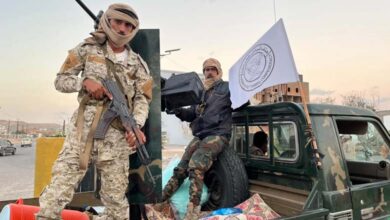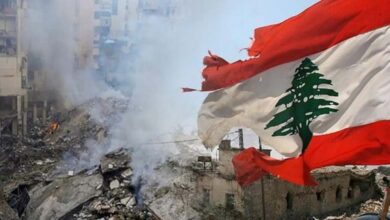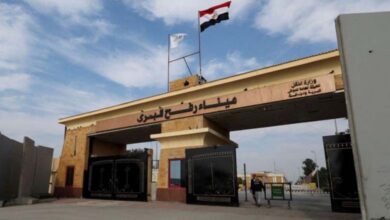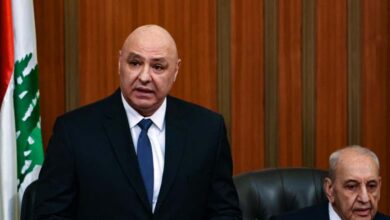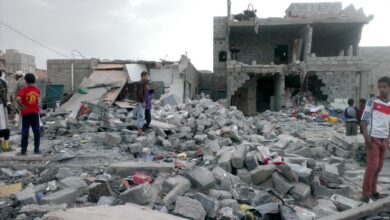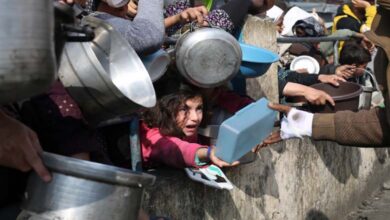Day of Triple Recognition: Palestine Born from Gaza’s Suffering
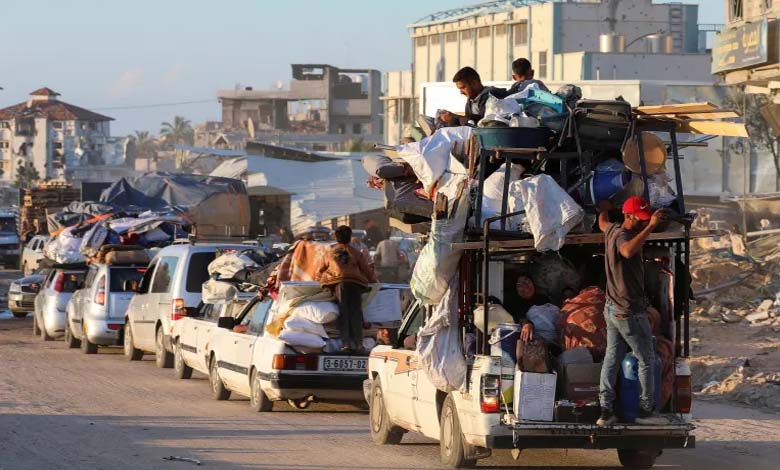
On Sunday, several Western nations announced their recognition of the State of Palestine, as scenes of horror continue to unfold in Gaza — a stark reminder of a nation being born from suffering.
Canadian Prime Minister Mark Carney declared that his country now recognizes the State of Palestine, reaffirming Canada’s commitment to “preserving the possibility of a two-state solution.”
-
Behind Every Number, a Tragedy… 11 Displacements into the Unknown Amid Gaza’s Ruins
-
Hours before the bombing: a mission to rescue 2,000 years of memory in Gaza
In a statement, Carney said: “Canada recognizes the State of Palestine and offers to work in partnership to fulfill the promise of a peaceful future for both Palestine and Israel. Canada views this step as part of a concerted international effort to safeguard the possibility of a two-state solution.”
Australian Prime Minister Anthony Albanese also announced on Sunday that his country officially recognizes the State of Palestine.
In a joint statement with Foreign Minister Penny Wong, Albanese noted that Australia, alongside Canada and the United Kingdom, is recognizing Palestine as part of a broader effort to revive momentum for the two-state solution — beginning with a ceasefire in Gaza and the release of hostages held there.
-
From Death to Death: Stories of Escape from the Hell of Gaza
-
Conflicting reports on an Israeli ground incursion in Gaza as nearly half the city’s residents flee
The statement added that Hamas must have no role in Palestine’s future.
Earlier in the day, UK Prime Minister Keir Starmer had already confirmed Britain’s official recognition of the State of Palestine, marking a fundamental shift in the country’s foreign policy.
In a video address published on X, Starmer declared: “To rekindle hope for peace for both Palestinians and Israelis, and for the two-state solution, the United Kingdom formally recognizes the State of Palestine.”
On Monday, New York is expected to host a conference sponsored by France and Saudi Arabia, where additional countries are likely to announce their recognition.
-
Israeli leaders in the UN spotlight: accused of genocide in Gaza
-
Palestinian political analyst: despite their importance, aid convoys are not enough to meet Gaza’s needs
This political momentum is part of efforts to increase pressure on Israel’s right-wing government, which continues its brutal war on Gaza while facing accusations of genocide and crimes against humanity against the enclave’s population.
Since the war began in October 2023, more than 65,000 people have been killed in Gaza, the majority women and children.
In response to these recognitions, Israel has threatened to annex the West Bank — a move that Western capitals, led by Paris, have warned would constitute a red line.
-
Gaza War: Britain Punishes Israel in an Unexpected Way
-
Israel expands its operations in Gaza: deaths, evacuation orders, and relentless bombardment
The Palestinian Ministry of Foreign Affairs and Expatriates welcomed the decisions of the United Kingdom, Canada, and Australia, describing them as courageous steps consistent with international law and UN legitimacy.
In a statement, the ministry emphasized that these decisions reflect the determination of these countries to end the occupation and to pursue peace that ensures security, stability, and prosperity for the region and the world. It also stressed Palestine’s readiness, through its legitimate government, to build stronger and more genuine relations with these states at all levels.
-
The Night of the New York Declaration in Gaza: Heavy Bombardments and Dismembered Bodies
-
Quarter of a million displaced from Gaza City as Israel vows to defeat Hamas
The ministry further stated that recognizing Palestine means acknowledging the just and legitimate rights of the Palestinian people. It helps protect the two-state solution against the existential threats posed by Israel’s ongoing crimes of genocide, starvation, displacement, and annexation. These recognitions also inject fresh momentum into regional and international efforts — led by Saudi Arabia and France — to implement the New York Declaration, which calls for an immediate halt to the war and a negotiated political settlement, reaffirming the primacy of international law and legitimacy over the arrogance of force.
Finally, the ministry urged all countries that have not yet recognized Palestine — foremost among them the United States — to take this step, align with international law and the advisory opinion of the International Court of Justice, and stand on the right side of history. Doing so would help end the injustice faced by the Palestinian people and enable them to exercise their right to self-determination like all other nations.
-
The bitter memory of displacement keeps them from fleeing south… Painful stories from the heart of Gaza
-
The Doha Attack and Gaza Negotiations: Towards a Faster Deal or a Prolonged Deadlock?
It also underlined that the immediate cessation of Israel’s war against the Palestinian people, in all its forms, is the proper path toward de-escalation, rebuilding trust, and restoring a political horizon for resolving the conflict.



